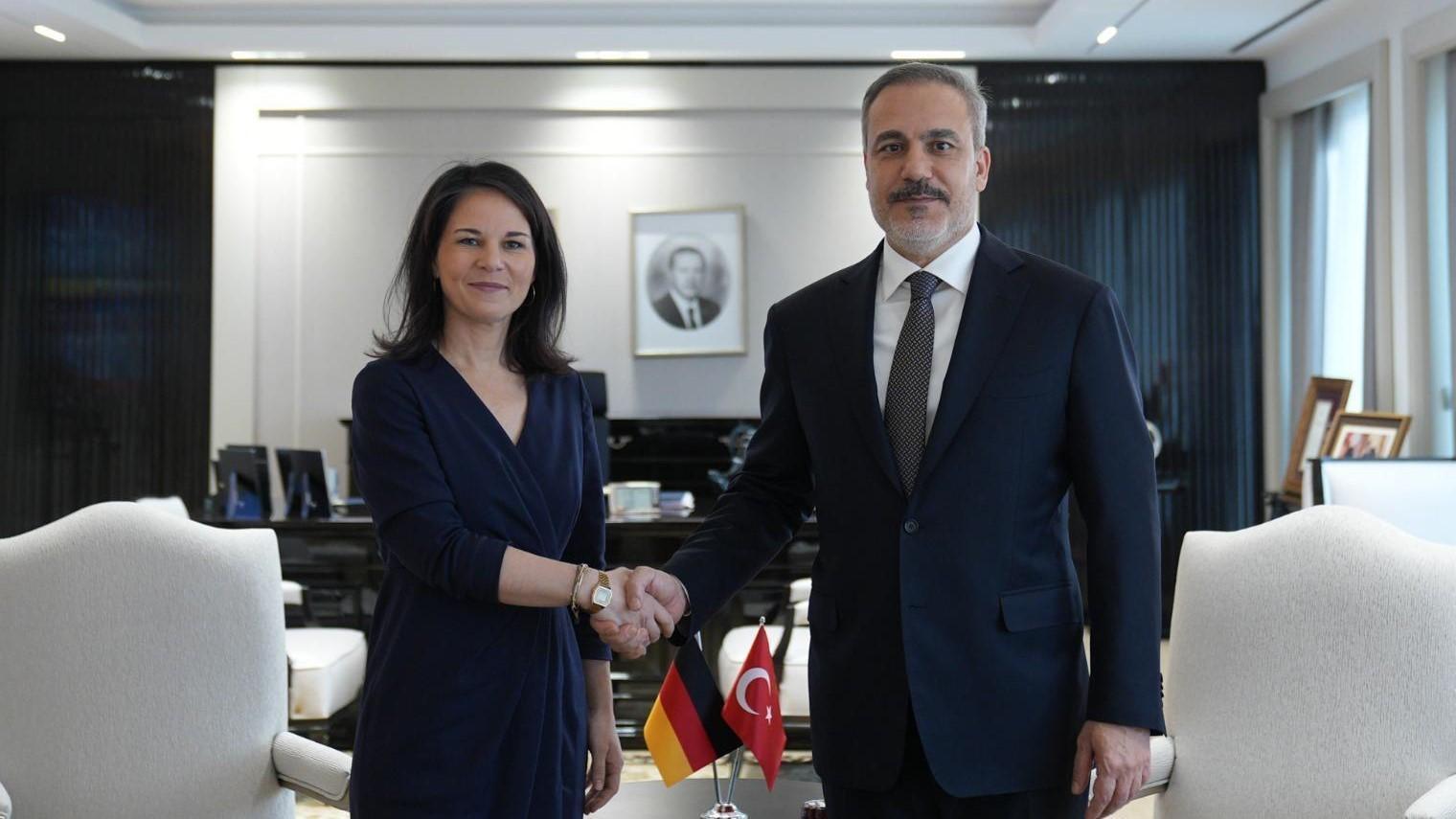Turkey’s love and hate is equally disproportionate
I always felt closer to the realist school of foreign policy. It should therefore be easy for me to rebuff critics of Turkey that highlight the inconsistency of the ruling Justice and Development Party’s (AKP) policies in the Middle East. “While being so active in supporting the Syrian opposition, how come Turks remain silent to what happens in Bahrain or don’t say anything about a lack of democracy in Saudi Arabia?” critics of Turkey usually ask.
My simple answer would be: “Turkey is a neighbor to Syria, whatever happens in that country has the potential to affect the national interest of Turkey. As for Bahrain and Saudi Arabia, they are not a priority for Turkey’s national interests. Besides, who talks about consistency in foreign policy? Turkey might favor independence for Turkish Cypriots or Kosovars while opposing the secession of Nagorno Karabakh!”
But since the government pursues a value-based policy according to AKP officials, it becomes difficult to defend the contradictions in Turkey’s policies. “Consistency” is, after all, an important “value” to uphold if indeed you follow a policy based on principles and values.
What is problematic with the government’s foreign policy is that in our world, you simply cannot pursue a value-based policy easily. In fact, national interest still shapes much of the AKP’s foreign policy course. Whenever there are problems though, they are sure to have stemmed from the willingness to react based on values or ideological preferences rather than what national interest dictates.
Let me elaborate.
The AKP government’s opening to the Middle East as well as further regions such as Africa were not just the result of some religious communities acting as missionaries, but also a consequence of pressure coming from Anatolian business groups looking for new markets. It was therefore in Turkey’s national interest to quickly improve relations with Syria. In addition to the economic drive, the hope of bringing Damascus out of the Iranian sphere of influence was an incentive behind the policy as well. Similarly, Turkey pursued a strong engagement policy with Tehran in hopes of curbing Iranian radicalism.
The problem, however, was the excessive euphoria of the AKP rulers that naively believed cultural, religious and ideological affinity would bring relations with Iran and Syria to a positive point of no return. This was a delusion and it is this huge disappointment that swung the foreign policy pendulum in the extreme opposite direction: that of total anger.
That’s why Turkey burned its bridges with Bashar al-Assad too early, too fast and too immaturely. With a value-based policy, you get too emotional and therefore your love and hate become equally disproportional.
But with a consistent value-based policy we should have been equally furious with Russia and Iran. Yet while we are furious, we don’t show it. Why? It’s the national interest (stupid!). For a clearer answer, look at the web of relations between the two countries and see that Turkey cannot afford the deterioration of ties with these countries (national interest-wise, of course!).











